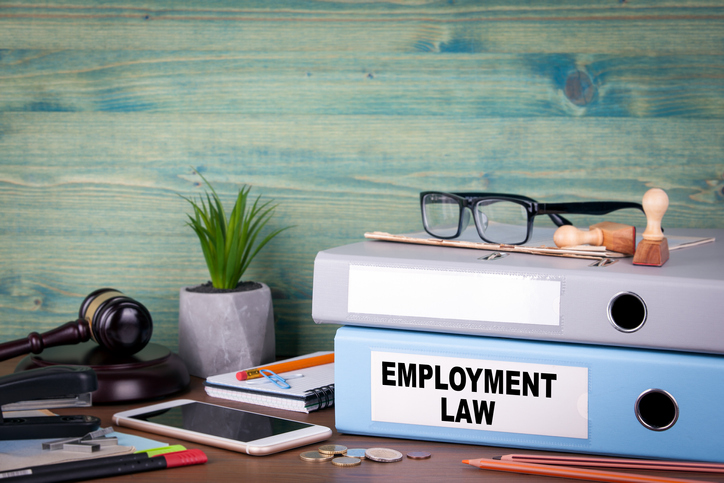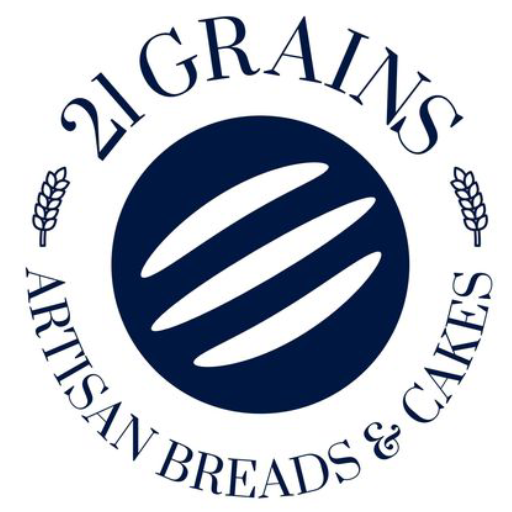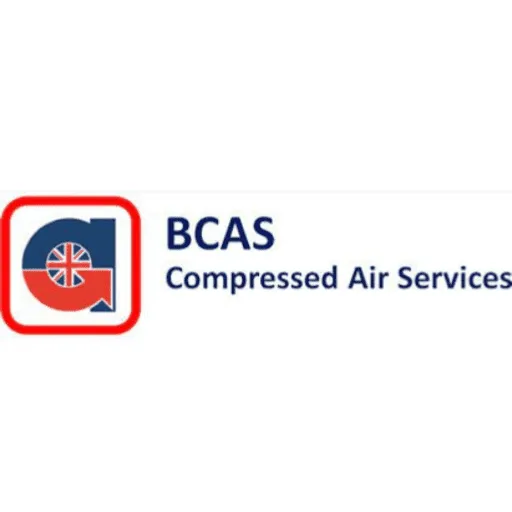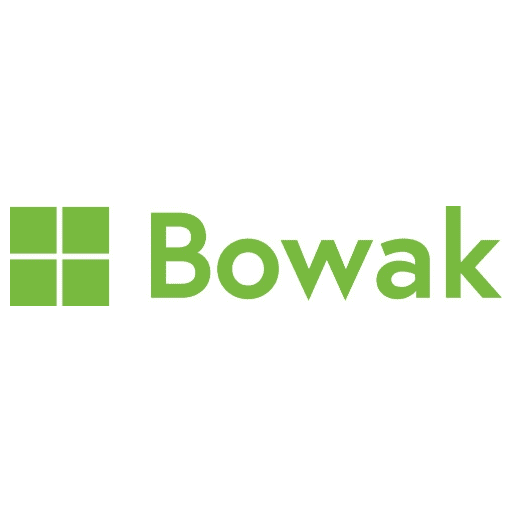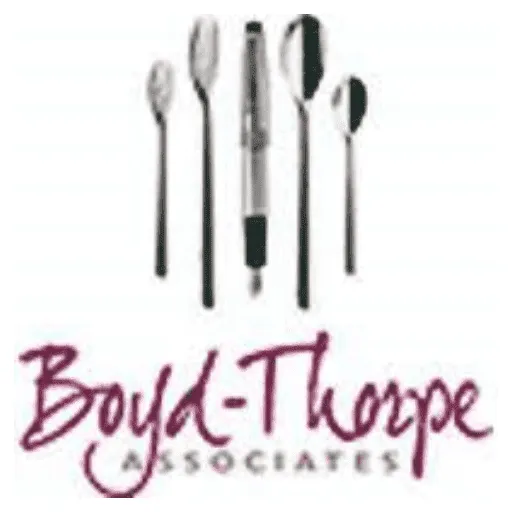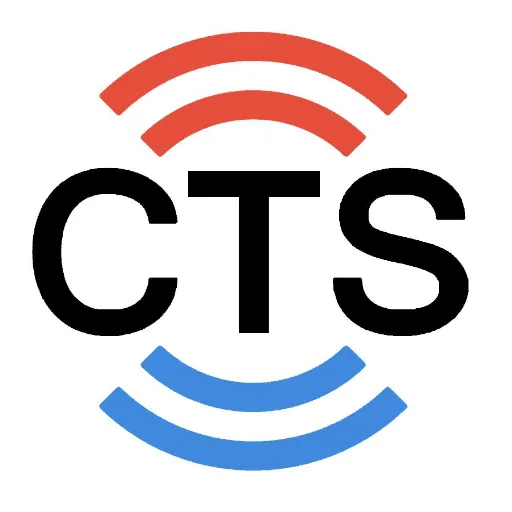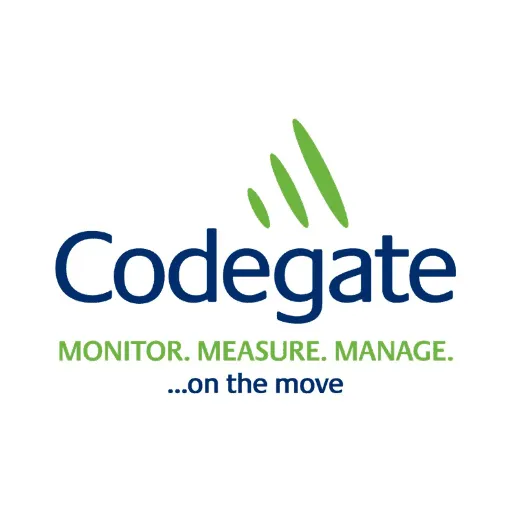 Disciplinary meetings are a crucial part of any fair disciplinary process. The meeting is your employee’s opportunity to hear the case against them and your chance to get their side of the story. You must ensure that any disciplinary meeting you arrange is conducted properly and in line with the relevant guidelines. If you don’t, and if the employee subsequently issues unfair dismissal proceedings against you, the tribunal may increase any damages awarded to the employee by up to 25%. Here, our HR experts have pulled together some of their top disciplinary meeting tips for employers to help ensure your disciplinary meeting proceeds smoothly and complies with the relevant guidelines.
Disciplinary meetings are a crucial part of any fair disciplinary process. The meeting is your employee’s opportunity to hear the case against them and your chance to get their side of the story. You must ensure that any disciplinary meeting you arrange is conducted properly and in line with the relevant guidelines. If you don’t, and if the employee subsequently issues unfair dismissal proceedings against you, the tribunal may increase any damages awarded to the employee by up to 25%. Here, our HR experts have pulled together some of their top disciplinary meeting tips for employers to help ensure your disciplinary meeting proceeds smoothly and complies with the relevant guidelines.
Call us now on 01491 598 600 or email us on cw@gaphr.co.uk and we will be delighted to help you.
What Are The Rules Governing Disciplinary Meetings?
The Advisory, Conciliation and Arbitration Service, better known as ACAS, has developed a Code of Practice to assist employers and employees in understanding their rights and responsibilities in relation to disciplinary and grievance matters. The Code acknowledges that it may not be practicable for all employers to adhere to its provisions to the letter but reiterates that an employer must always act fairly.
The guidelines relating to disciplinary meetings cover the steps an employer should take before, during, and after the meeting. To assist you in complying with the Code and ensuring your disciplinary processes are fair, here are our expert HR advisors top 5 disciplinary meeting tips for employers.
Disciplinary Meeting Tip For Employers #1: Communicate Effectively
The Code suggests that employers try to resolve disciplinary issues informally with the employee in the first instance.
If informal measures fail and you decide to begin a formal disciplinary procedure, there are steps that you must complete to ensure a fair process.
Clear and effective communication with your employee throughout can help avoid misunderstandings and ‘coffee machine whispers’ situations, maintain work morale, and reduce the risks of your employee experiencing stress, anxiety or other mental health issues. By keeping relations as professional as possible, you will lay the foundations for a productive disciplinary meeting.
Disciplinary Meeting Tip For Employers #2: Preparation Is Key
Preparation is key to an effective disciplinary meeting. Before even commencing a formal disciplinary hearing, you must thoroughly investigate the issue by speaking to relevant witnesses (including the accused employee) and collating appropriate documentation. The purpose of your investigation is to find out as much as you can about the situation and ascertain whether your employee has a case to answer. The evidence you gather during your investigations will form the basis of the case against the employee.
Once you have decided to proceed with formal disciplinary action, it’s important to spend some time considering how you will conduct the meeting. By ensuring you have a clear idea of how matters should proceed, you can improve the fluidity of the meeting and encourage a constructive dialogue.
Examples of the types of issues you may need to consider include the following:
• Where And When Will You Hold The Meeting?
The venue for the meeting should be as discreet as possible, to lessen your employee’s embarrassment and encourage their engagement. If you operate from small premises, you may consider holding the meeting off site or allow them to dial into a video call from home to guarantee privacy.
• Who Should Attend The Meeting?
It’s important to select the right personnel from your organisation to attend the meeting. Small businesses with no dedicated HR manager should choose an individual of suitable seniority who has not been involved with the matter, either the original incident or the investigation stage. There should be a different manager chairing the meetings at each stage to ensure fairness.
• Prepare An Agenda
A clear agenda will facilitate meaningful discussions and ensure your employee has an opportunity to consider the evidence against them and put forward their own position. You should think carefully about the questions you will ask, making sure they are fair and reasonable.
• Provide Evidence
Check all your evidence witness statements, pictures, CCTV recordings, etc. actually back up the disciplinary allegations. Would a third party agree that they show what you claim they show? Only include evidence that is clear and undeniable. If you do not provide it in the invitation, you can’t use the information in the hearing. So, make sure you check all the details you want to use.
• Provide Notes
You legally need to provide your employee with notes of the meeting afterwards. The easiest and least legally-challenged way to do this is by recording the meeting on your phone, and then getting the audio transcribed. Then no-one can claim that words have been left out of the written record. There are many freelancers who can do this transcription for you.
Disciplinary Meeting Tip For Employers #3: Your Obligations Begin Beforehand
Your obligations relating to disciplinary matters under the Code begin as soon as you become aware of a possible issue. Once you have decided to hold a disciplinary meeting, you cannot simply set a date and summon your employee. Instead, you must ensure you undertake the following steps:
- At least three working days before the meeting, you must write to the employee to provide them with the following information:
- The alleged misconduct or performance related issue to be discussed at the meeting.
- All the evidence you have gathered about the matter (witness statements, pictures, video, etc).
- When and where the meeting will be held.
- Their right to be accompanied to the meeting (see below).
- The possible outcome.
• Notify Your Employee Of Their Right To Be Accompanied To The Meeting.
At the formal disciplinary hearing the employee has the right to be accompanied. The companion can be a work colleague, trade union representative, or official employed by a trade union.
Disciplinary meeting tip for employers #4: Ensure you understand the purpose of the disciplinary meeting
The disciplinary meeting is your chance to deep dive into the facts of the issue, put your case to the employee, consider their evidence and ensure you are best placed to make a fair and balanced decision. You should make every effort to avoid the meeting spiralling into a heated debate and instead seek to nurture a calm, supportive environment in which your employee feels able to speak openly.
It is important to understand that it is sometimes not enough to merely follow a fair disciplinary process; you must be able to prove you did so should your employee issue an unfair dismissal claim against you. Accordingly, it is vital that you record the meeting on your phone or take clear, detailed, contemporaneous notes of everything discussed during the meeting. If the matter proceeds to litigation, the transcription/notes will be a key piece of evidence.
Disciplinary Meeting Tip For Employers #5: Act Swiftly
You must deal with disciplinary issues swiftly and without any unreasonable delay. When the disciplinary meeting has concluded, you should make your decision and communicate it to the employee within five working days. You normally would not do so on the same working day, you would reflect on the evidence provided and then make your decision.
When you inform your employee of the disciplinary outcome, you must also let them know of their right to appeal your decision and explain the procedure.
The importance of conducting disciplinary meetings fairly and complying with the Code cannot be overstated. If you have any doubts regarding your obligations, you should seek advice and support from expert HR specialists.
Call us now on 01491 598 600 or email us on cw@gaphr.co.uk and we will be delighted to help you.
